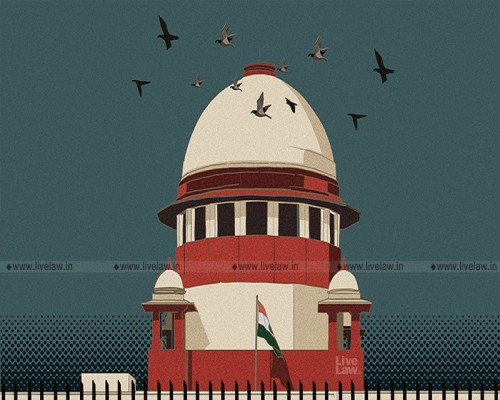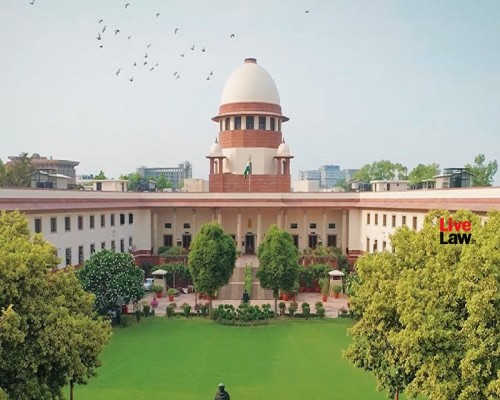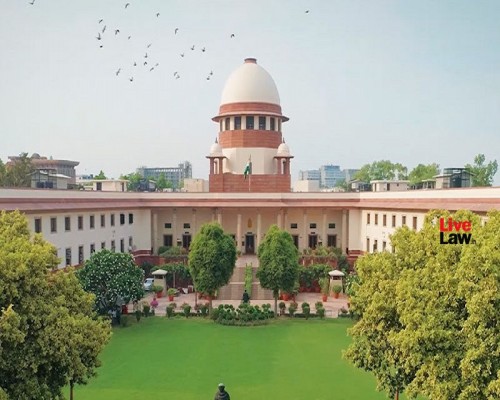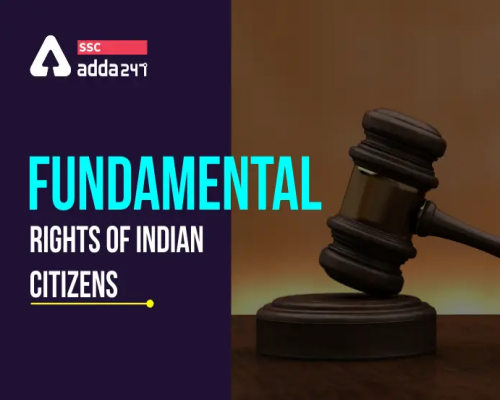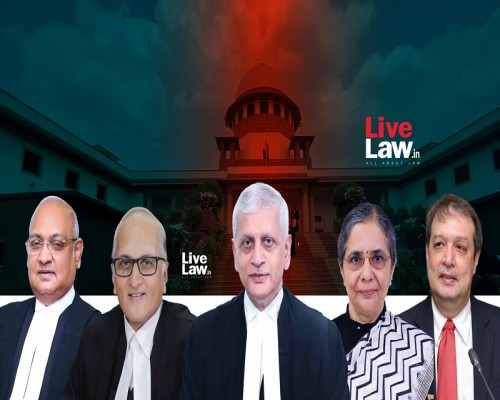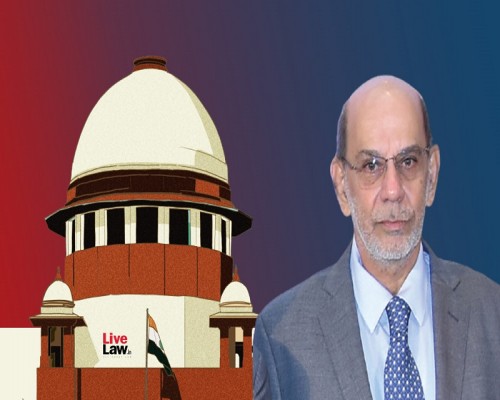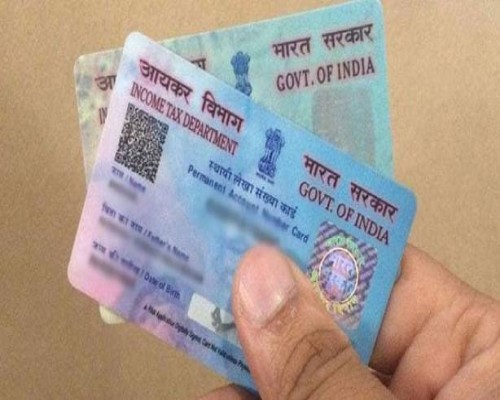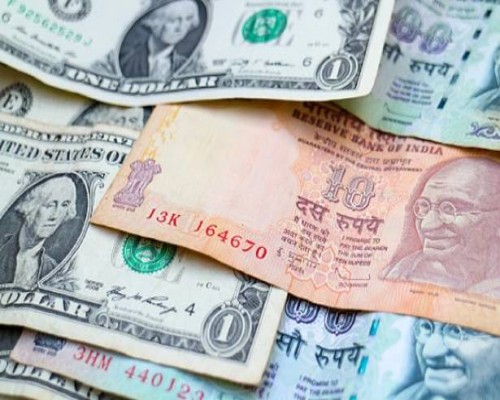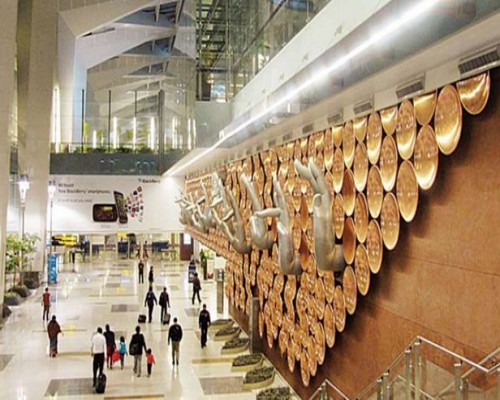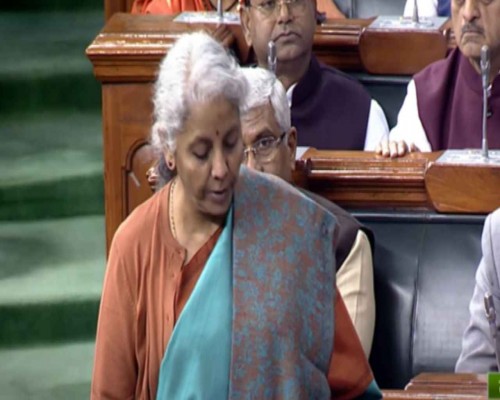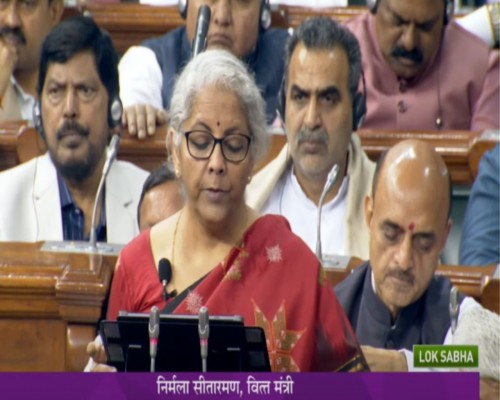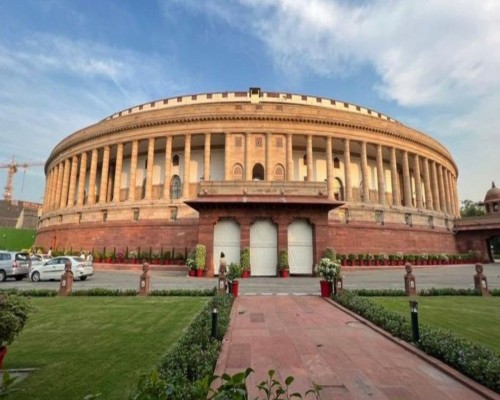NURTURING MALTESE IDENTITY: OPPORTUNITIES IN A GLOBALIZED WORLD
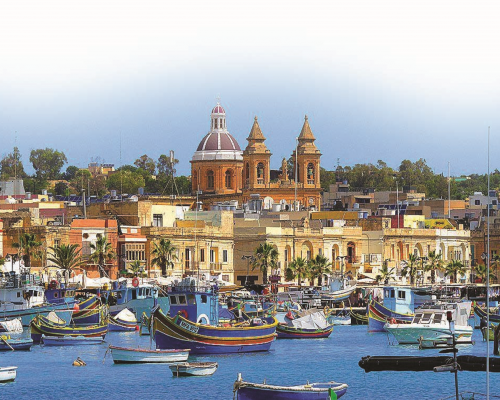
In an era of globalization characterized by increased connectivity, mobility, and cultural exchange, the concept of identity has become increasingly complex, fluid, and multifaceted. For the Maltese people, navigating the dynamics of globalization while preserving their unique cultural heritage and national identity poses both challenges and opportunities. This article explores the notion of Maltese identity in a globalized world, examining the influences of globalization on Maltese society, the factors shaping Maltese identity, and the strategies for nurturing a strong sense of Maltese identity amidst global forces.
Reasons why it is highly beneficial to study in Malta
Globalization and Its Impacts on Maltese Society:
Globalization, defined as the interconnectedness and interdependence of economies, cultures, and societies on a global scale, has had profound effects on Maltese society in various domains, including economy, politics, culture, and identity. Some key impacts of globalization on Malta include:
1. Economic Integration: Malta's integration into the global economy has facilitated trade, investment, and economic growth, leading to increased prosperity and opportunities for its citizens. Membership in the European Union (EU) and adoption of the euro as the national currency have further enhanced Malta's economic integration with Europe and the world.
2. Cultural Exchange: Globalization has fostered cultural exchange, diversity, and hybridization, as Maltese society interacts with diverse cultural influences from around the world. Advances in technology, media, and communication have facilitated the dissemination of global cultural products, trends, and values, shaping the cultural landscape of Malta and influencing patterns of consumption, lifestyle, and identity.
3. Migration and Mobility: Globalization has facilitated migration, mobility, and transnational connections, as Maltese people travel, study, work, and settle in foreign countries, and as migrants from other countries come to Malta. Migration flows have contributed to cultural diversity, demographic changes, and social integration challenges in Malta, affecting notions of identity, belonging, and citizenship.
4. Political Integration: Malta's participation in regional and international organizations, such as the EU, the United Nations (UN), and the Commonwealth, has enhanced its political integration and influence on global issues. However, membership in supranational institutions also entails the adoption of common policies, regulations, and norms that may impact national sovereignty and identity.
Factors Shaping Maltese Identity:
Maltese identity is shaped by a complex interplay of historical, cultural, social, political, and economic factors that influence how individuals and communities perceive themselves and their place in the world. Some key factors shaping Maltese identity include:
1. Historical Legacy: Malta's rich historical legacy, spanning millennia of civilization, conquest, and cultural exchange, forms the bedrock of Maltese identity. The island's strategic location in the Mediterranean has made it a crossroads of civilizations, leaving an indelible imprint on its language, culture, architecture, and traditions.
2. Cultural Heritage: Maltese identity is closely tied to the island's cultural heritage, which encompasses language, literature, music, art, cuisine, and religious traditions. The Maltese language, a unique blend of Semitic and Romance influences, serves as a symbol of national identity and linguistic pride, while cultural practices such as festas, għana singing, and traditional crafts reflect the richness and diversity of Maltese culture.
3. National Symbols and Icons: National symbols and icons, such as the Maltese flag, the George Cross, the Mdina Gate, and the Triton Fountain, evoke a sense of pride, unity, and belonging among the Maltese people. These symbols represent key moments, values, and landmarks in Malta's history and identity, serving as visual expressions of national identity and collective memory.
4. Religion and Faith: Religion has played a significant role in shaping Maltese identity, with Catholicism being the predominant religion practiced by the majority of the population. Religious festivals, rituals, and traditions, such as Easter, Christmas, and village festas, are integral to Maltese culture and identity, providing opportunities for communal celebration, reflection, and solidarity.
5. Sense of Place and Belonging: Malta's geographical, social, and cultural landscapes shape individuals' sense of place and belonging, influencing their attachment to the island and their sense of identity as Maltese. For many Maltese people, the land, sea, and urban spaces of Malta evoke a strong sense of home, rootedness, and connection to their ancestral heritage.
Strategies for Nurturing Maltese Identity in a Globalized World:
Nurturing a strong sense of Maltese identity in a globalized world requires proactive efforts to preserve, promote, and celebrate the unique cultural heritage, language, and values of Malta. Some strategies for fostering Maltese identity amidst global forces include:
1. Education and Cultural Literacy: Education plays a crucial role in transmitting Maltese cultural heritage, language, and values to future generations. Incorporating Maltese history, language, and culture into the school curriculum, offering cultural exchange programs, and promoting cultural literacy among students can instill a sense of pride and appreciation for Maltese identity from a young age.
2. Language Revitalization and Promotion: Preserving the Maltese language is essential for maintaining a strong sense of Maltese identity and cultural distinctiveness.




